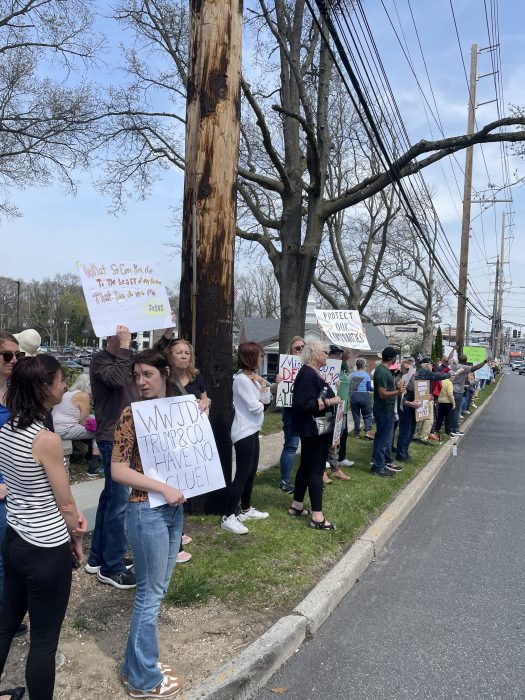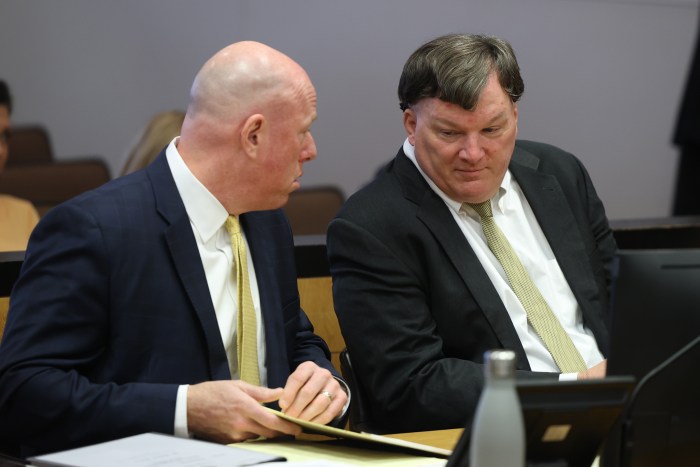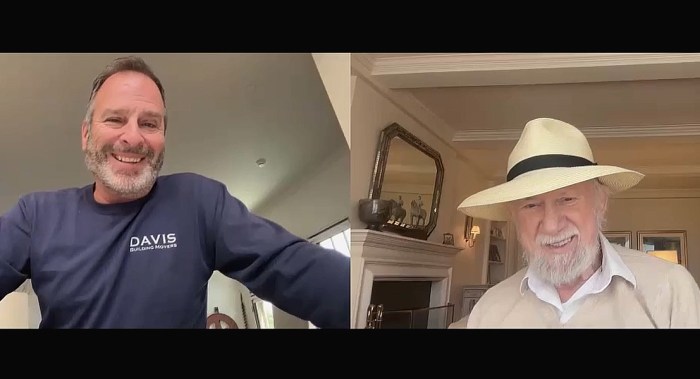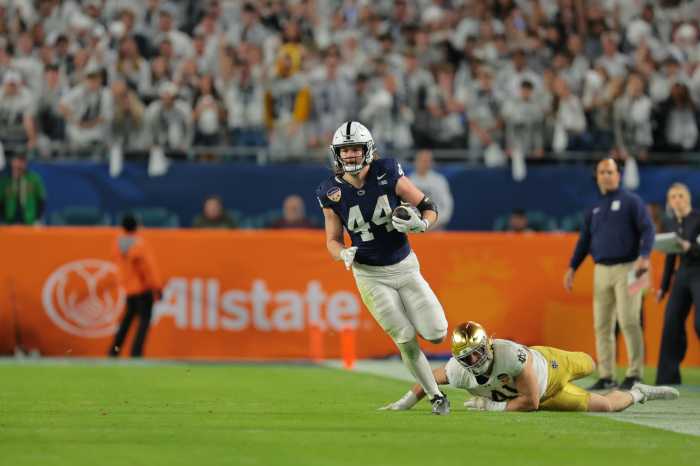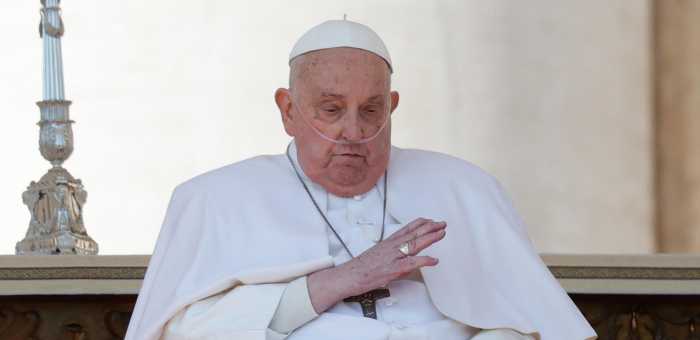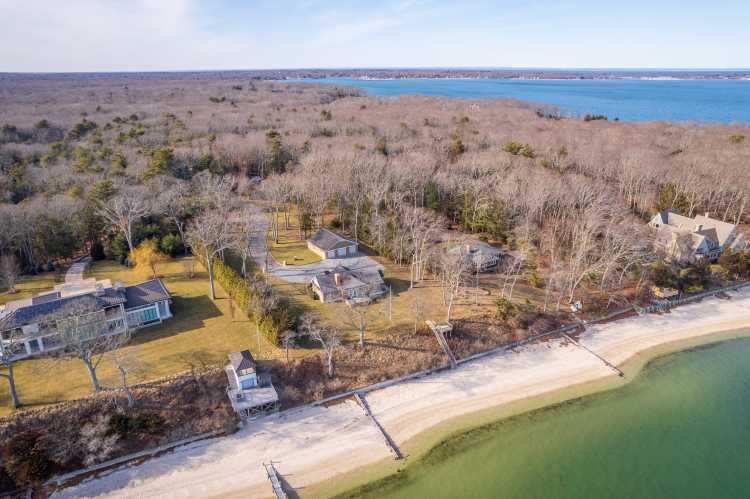Severe hazing at a Penn State University fraternity killed 19-year-old Timothy Piazza in 2017. Yesterday, a Ronkonkoma man was sentenced to prison for his role in the fatal frat hazing.
Daniel Casey, 27, of Ronkonkoma, was vice president and pledge master of Beta Theta Pi when Piazza, a sophomore, pledged and was subjected to the fatal frat hazing. For his part in Piazza’s death, Casey was sentenced to two to four months in prison, with work release eligibility, followed by three years of probation and community service. Brendan Young, another former frat leader, was also sentenced. Casey and Young were the final two criminal defendents in the fatal frat hazing case.
“Our thoughts are with the Piazza family and everyone affected by this tragedy,” said Pennsylvania State Attorney General Michelle Henry, who sentenced Casey. “Nothing can undo the harm Tim suffered seven years ago — nothing can bring Tim back to his family and friends. With the sentences ordered today, the criminal process reached a conclusion.”
In July, both Casey and Young pleaded guilty to 14 counts of hazing and one count of reckless endangerment. For his role in the fatal frat hazing, Casey had originally also been charged with involuntary manslaughter, aggravated assault, tampering with evidence and furnishing alcohol to minors, among other charges.
Piazza died of a traumatic brain injury, a ruptured spleen, and was estimated to have a Blood Alcohol Content (BAC) of 0.28 to 0.36 the night of the fatal frat hazing. For context, 0.08 is the widely-accepted bar for drunkenness.
Night Of The Fatal Frat Hazing
A report from the Centre County Grand Jury in 2017 revealed the details of the fatal frat hazing following an investigation. The facts in the report were compiled from witness testimony, surveillance footage from inside the frat house, text messages between fat brothers, and other supporting evidence. Investigators then put forward a timeline of events.
On Feb. 2, 2017, Timothy Piazza was among the 14 pledges who came to the Beta Theta Pi frat house for bid acceptance night. The pledges were told to line up. Casey, the pledge master, handed the teens a handle of vodka and told them it must be empty by the time it reached the last person, or that person would be forced to finish it himself. The handle ultimately made a few rounds along the line.
When the pledges finished the handle, Casey handed each of them a bottle of vodka and instructed to drink it themselves. Then, a hazing ritual called “the gauntlet” began. It was designed to get pledges extremely drunk as quickly as possible, frat brothers reportedly later told investigators. It included stations for shotgunning beers, drinking bags of wine, and playing beer pong. All the while, frat brothers would pour beer on the pledges, court documents said.
Around two hours later, Piazza was clearly deeply drunk, and was brought to a couch to lie down. At some point later, Piazza fell down a flight of stairs into the basement. Frat brothers eventually found him and brought him back to the couch, where they tried to wake him by hitting him and pouring liquids on his face. They were unsuccessful.
When one frat brother was concerned for Piazza and said they had to call emergency services for help, or bring Piazza to a hospital, another frat brother started a physical fight with him, saying they had the situation under control, court documents say. No one called 911.
Later, Casey saw Piazza unconscious on the couch and slapped him repeatedly in the face.
Piazza spent the rest of the night twitching and groaning on the couch. At around 5:30 a.m., he attempted to get off the couch and staggered toward the lobby. He fell head-first into an iron railing, and again into a door. For the next two hours, multiple other frat brothers and pledges walk into and out of the common area and see Piazza on the floor. Some recorded him on Snapchat. Others stepped right over him. No one helped him.
Around 8 a.m., Piazza staggered toward the basement steps and disappeared from camera view. He is not seen again until the frat brothers discovered his body lying on the basement floor, and carried him back up the stairs. Piazza had blood on his face, and was pale and cold to the touch. His eyes were half open.
Close to 11 a.m. — nearly 14 hours after the fatal frat hazing began — somoene finally called 911. In the hospital, doctors found 80 percent of Piazza’s blood supply in his abdomen. His injuris were severe. He was hemorrhaging and in shock.
At close to 1:30 a.m. that night, the 19-year-old was declared dead.
In the following days, multiple frat brothers attempted to cover up evidence of the fatal frat hazing.
Piazza’s death was “not simply an unfortunate accident,” investigators said at the time, “But was the direct result of encouraged reckless conduct that demonstrated a reckless disregard for human life.”
Timothy Piazza’s family became anti-hazing advocates. Their work directly led to the Pennsylvania legislature passing the Timothy Piazza Anti–Hazing Law, which includes a felony-graded offense when serious injury or death results.
Had that statute been in place at the time of the 2017 incident, the defendants could have been subjected to harsher penalties, the Attorney General’s office said.
The case has led to the dangers of hazing entering the public consciousness, and there are now further laws in place to protect college students from the fatal frat hazing that Piazza endured.






